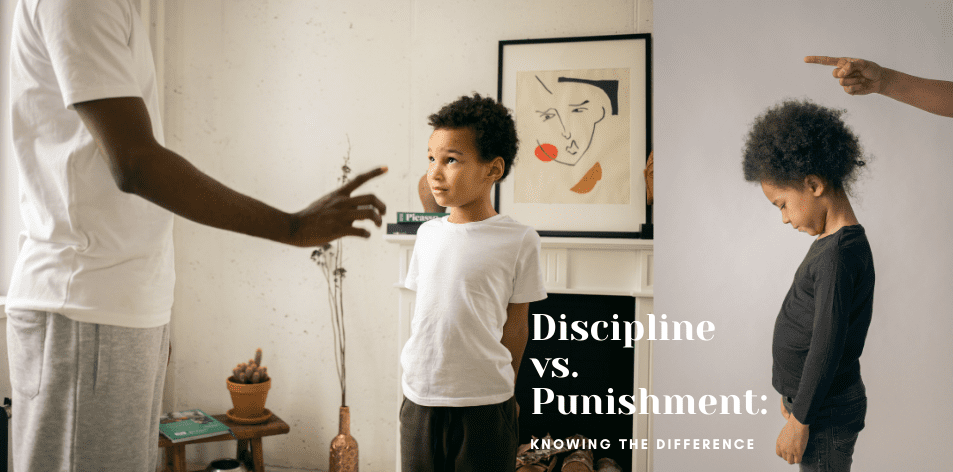Understanding How To Guide Children Towards Positive Behaviour
When raising children, one of the most common challenges parents face is managing behaviour. While the terms discipline and punishment are often used interchangeably, they are fundamentally different in approach and outcome. Understanding this difference is key to raising confident, respectful, and emotionally healthy children.
🌟 What is Discipline?
Discipline is about teaching, guiding, and nurturing. It helps children understand boundaries and develop self-control, encouraging them to make better choices in the future. Discipline focuses on long-term growth and character building.
🌟 What is Punishment?
Punishment, on the other hand, often focuses on penalising unwanted behaviour without necessarily teaching a lesson. It is reactionary, aiming to stop behaviour in the moment, but it rarely addresses the root cause or helps the child learn how to do better next time.
🌟 The Key Differences
1. Goal – Discipline teaches, punishment penalises.
2. Focus – Discipline looks at future behaviour; punishment dwells on past mistakes.
3. Method – Discipline uses guidance, conversations, and logical consequences; punishment often involves shame, fear, or pain.
4. Impact on Relationship – Discipline strengthens trust and respect; punishment can damage emotional bonds.
5. Outcome – Discipline develops responsibility and self-control; punishment may lead to resentment or fear.
🌟 Healthy Alternatives to Punishment
* Set clear rules and expectations.
* Use natural or logical consequences (e.g., if a toy is broken, it cannot be played with).
* Reward positive behaviour to encourage repetition.
* Model the behaviour you want to see.
* Communicate with patience, empathy, and consistency.

